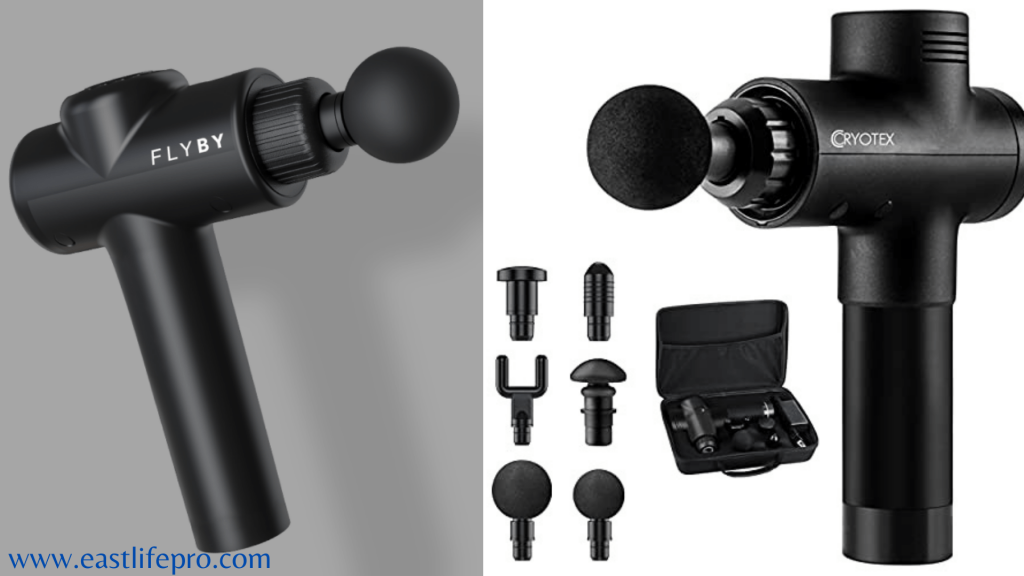In our fast-paced world, maintaining optimal health and wellness has become more important than ever.
It’s not just about being disease-free; it’s about thriving physically, mentally, and emotionally.
This comprehensive guide explores various aspects of health and wellness, offering practical advice and insights to help you lead a healthier, more fulfilling life.
Without further ado, let’s get into the details.
Embracing a Balanced Diet
A balanced diet is the cornerstone of good health. It involves consuming a variety of nutrients from different food groups in the right proportions.
Fruits, vegetables, whole grains, lean proteins, and healthy fats should feature prominently in your meals. Hydration is equally crucial; drinking adequate water daily aids in digestion, nutrient absorption, and detoxification.
Remember, a balanced diet is not about strict dietary limitations; it’s about feeling great, having more energy, and improving your health.
The Role of Exercise in Health
Regular physical activity is vital for maintaining good health. Exercise not only helps in weight management but also improves cardiovascular health, strengthens muscles, and boosts mental well-being.
Incorporating a mix of aerobic exercises, strength training, and flexibility workouts can provide comprehensive health benefits. Whether it’s a brisk walk, yoga, or a gym session, the key is to find an activity you enjoy and make it a part of your daily routine.
Apothecary and Customized Medication
The ancient practice of apothecary, the art of preparing and dispensing medication, has seen a resurgence in modern times. Customized medication, tailored to an individual’s specific needs, plays a significant role in achieving optimal health.
This personalized approach ensures that medications are more effective and side-effect profiles are minimized. Diagnostic services play a key role in personalized health care. For instance, Ulta Labs can help provide answers to any questions you have regarding your health.
Mental Health and Mindfulness
Mental health is as crucial as physical health. Practices like mindfulness, meditation, and counseling can significantly improve mental well-being. Taking time to relax, engage in hobbies, and connect with loved ones can also contribute to a healthier, happier mind. Remember, seeking help for mental health issues is a sign of strength, not weakness.
The Importance of Sleep
Quality sleep is essential for good health. It allows your body to repair itself and your brain to consolidate memories and process information. Poor sleep can lead to weight gain, mood swings, and decreased brain function.
Establishing a regular sleep schedule, creating a restful environment, and avoiding caffeine before bedtime can help improve sleep quality.
Nurturing Social Connections and Community Engagement
Human beings are inherently social creatures, and our social connections significantly influence our health. Nurturing relationships with family, friends, and community members can lead to improved mental and emotional well-being.
Engaging in community activities not only enriches our social life but also provides a sense of belonging and purpose. This can range from joining local clubs and volunteering to participating in group sports or cultural events.
Strong social connections have been linked to a lower risk of many health issues, including depression, high blood pressure, and an unhealthy body mass index (BMI). Prioritizing social interactions, even in small ways, can significantly contribute to our overall health and happiness.
Understanding and Managing Stress
Stress is an inevitable part of life, but how we manage it can have a profound impact on our overall health. Chronic stress can lead to a multitude of health problems, including heart disease, diabetes, and mental health disorders.
Learning effective stress management techniques is crucial. This can involve various strategies such as deep breathing exercises, progressive muscle relaxation, and mindfulness meditation. Additionally, engaging in hobbies, spending time in nature, and regular physical activity are excellent stress relievers.
It’s also important to recognize when to seek professional help, as sometimes stress can be overwhelming and require more structured support. By understanding and managing stress, we can maintain not only our mental health but also improve our physical health and quality of life.
Prioritizing Preventive Health Care
Preventive health care is a key component in maintaining long-term wellness. It involves taking proactive measures to prevent diseases rather than treating them after they occur. Regular health screenings, vaccinations, and check-ups are essential.
These measures help in early detection of potential health issues, leading to more effective and less invasive treatments. Additionally, adopting preventive practices like using sunscreen, practicing safe sex, and avoiding tobacco and excessive alcohol can significantly reduce the risk of various health conditions.
Educating yourself about your family’s medical history and discussing it with your healthcare provider can also guide your preventive healthcare strategies. By prioritizing preventive measures, you can significantly reduce your risk of chronic diseases and enjoy a healthier life.
Embracing Holistic Wellness Practices
Holistic wellness focuses on the integration of mind, body, and spirit to achieve overall health. This approach encourages individuals to consider all aspects of their life, including emotional, spiritual, and physical health.
Practices such as yoga, tai chi, and meditation are excellent for holistic wellness as they combine physical activity with mental relaxation. Incorporating natural remedies, like herbal supplements and aromatherapy, can also complement traditional medical treatments.
Additionally, paying attention to one’s spiritual needs through practices like mindfulness, gratitude, or connecting with nature can greatly enhance mental and emotional well-being. Embracing holistic wellness practices encourages a more rounded approach to health, leading to a more balanced and fulfilled life.
Conclusion
Achieving optimal health and wellness is a journey, not a destination. It involves making informed choices and committing to lifestyle changes that promote overall well-being. Remember, small steps can lead to big changes.
Start by incorporating these practices into your daily routine, and you will see a gradual transformation in your health and life.
James Martin is a passionate writer and the founder of OnTimeMagazines & EastLifePro. He loves to write principally about technology trends. He loves to share his opinion on what’s happening in tech around the world.



